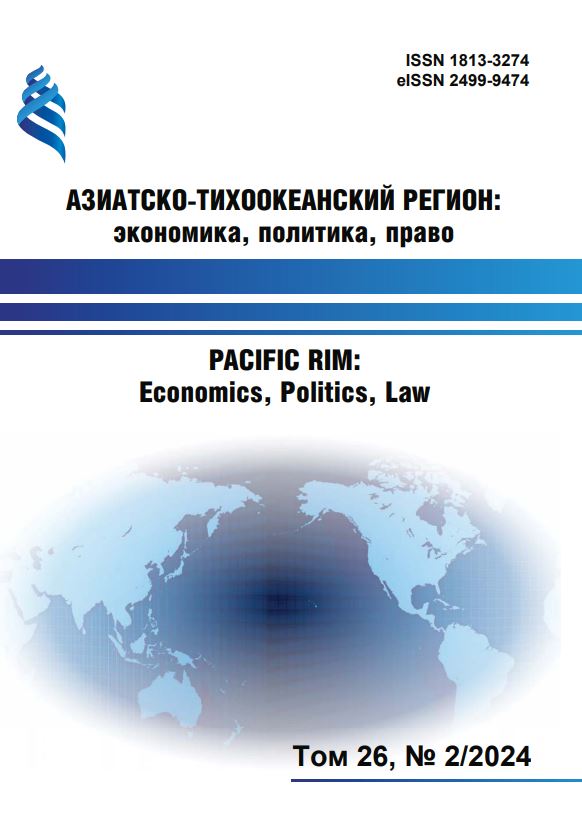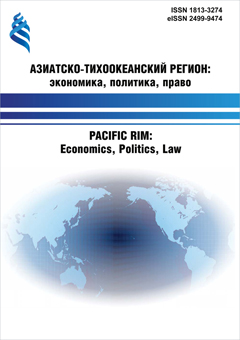Foreign Unilateral Coercive Measures and Impossibility of Obligation Performance
DOI:
https://doi.org/10.24866/1813-3274/2024-2/136-153Keywords:
sanctions, coercive measures, irresistible force, impossibility of performance, contract, exemption from liability, public policyAbstract
Currently, Russia is facing unilateral coercive measures (sanctions) imposed by foreign states. This article is devoted to the study of the legal nature and features of the qualification of sanctions in international public and private international law. The author outlines different points of view on the topic in question, analysing Russian and foreign doctrines. Taking into account the position of Russia on this issue, the Group of 77 and the Asian African Legal Consultative Organization (AALCO), representing about 70% of the states of the planet, the author of the article has come to a conclusion that there is a prohibition in customary international law on the use of unilateral coercive measures. The article examines approaches to the relationship between sanctions and overriding mandatory provisions and the public order of the state; and also presents an analysis of Russian judicial practice on the issue of qualification of foreign sanctions as a circumstance leading to the impossibility of obligation performance. The erroneous practice of Russian courts of citing public policy rules to justify the refusal to apply foreign legal regulations establishing sanctions when considering purely domestic disputes is noted. The author identifies the problem of the lack of a unified position of the courts both on the issue of the admissibility of releasing a party from liability in the presence of an impediment in the form of sanctions, and on the issue of qualification of these sanctions. The article pays attention to the criterion of unforeseeability of irresistible force in the context of the measures in question, and criticizes the courts approach to oblige the contract parties to foresee the tightening of sanctions restrictions against Russia. The author concludes that it is necessary to consider foreign unilateral coercive measures as an operation of fact, allowing the qualification of the relevant relations under paragraph 3 of Art. 401 and Art. 416 of the Civil Code of the Russian Federation.
Downloads
Downloads
Published
Issue
Section
License
Copyright (c) 2024 Дмитрий Александрович Шапортов

This work is licensed under a Creative Commons Attribution-NonCommercial-NoDerivatives 4.0 International License.



